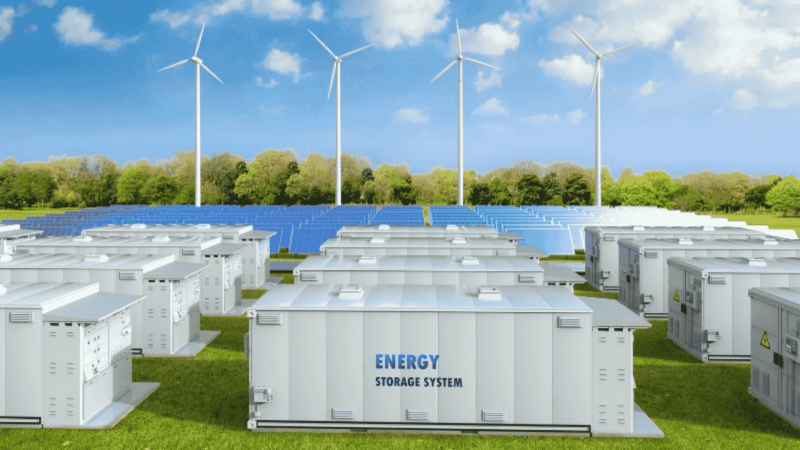The International Energy Agency (IEA) reported on Wednesday that renewable energy continues to expand faster than fossil fuels worldwide, despite policy shifts in the United States. The agency indicated that global oil demand may peak “around 2030.”
In its annual World Energy Outlook, the Paris-based IEA highlighted that solar photovoltaics lead the growth in renewables, which continue to surge even under conservative policy scenarios. The report comes amid the UN COP30 climate conference in Belem, Brazil, which the US government has largely shunned.
“The pace varies, but renewables grow faster than any other major energy source in all scenarios,” the IEA said. While policy changes in the US are projected to reduce domestic renewable capacity by 30 percent by 2035, global deployment of clean energy remains strong.
The IEA presented three scenarios in the report: the Current Policies Scenario (CPS), the Stated Policies Scenario (STEPS), and a Net-Zero Emissions Scenario aimed at 2050. Under CPS, fossil fuels such as oil and natural gas could rise by 16 percent through 2035. Critics have called this scenario politically motivated to align with US policy under former President Donald Trump, which seeks to expand oil and gas production.
In the STEPS scenario, oil demand is expected to peak around 2030, falling to 100 million barrels per day by 2035, then declining further. The IEA noted that China will remain the largest market for renewable energy, accounting for 45 to 60 percent of global deployment over the next decade.
The report warned that under current policies, global warming could exceed 2C by mid-century, whereas the net-zero scenario could limit temperature rise to below 1.5C by 2100.
David Tong, global industry campaign manager at Oil Change International, said the report confirms that no single country can halt the global energy transition. “Oil and coal demand are expected to peak by 2030, but the CPS reflects a return to fossil-fuel intensive policies,” he noted.
The IEA’s findings highlight the ongoing shift toward renewables, emphasizing that fossil fuels will gradually decline as clean energy technologies dominate future global energy markets.
In other news read more about: Australia to Offer Three Hours of Free Solar Power Per Day to Millions







